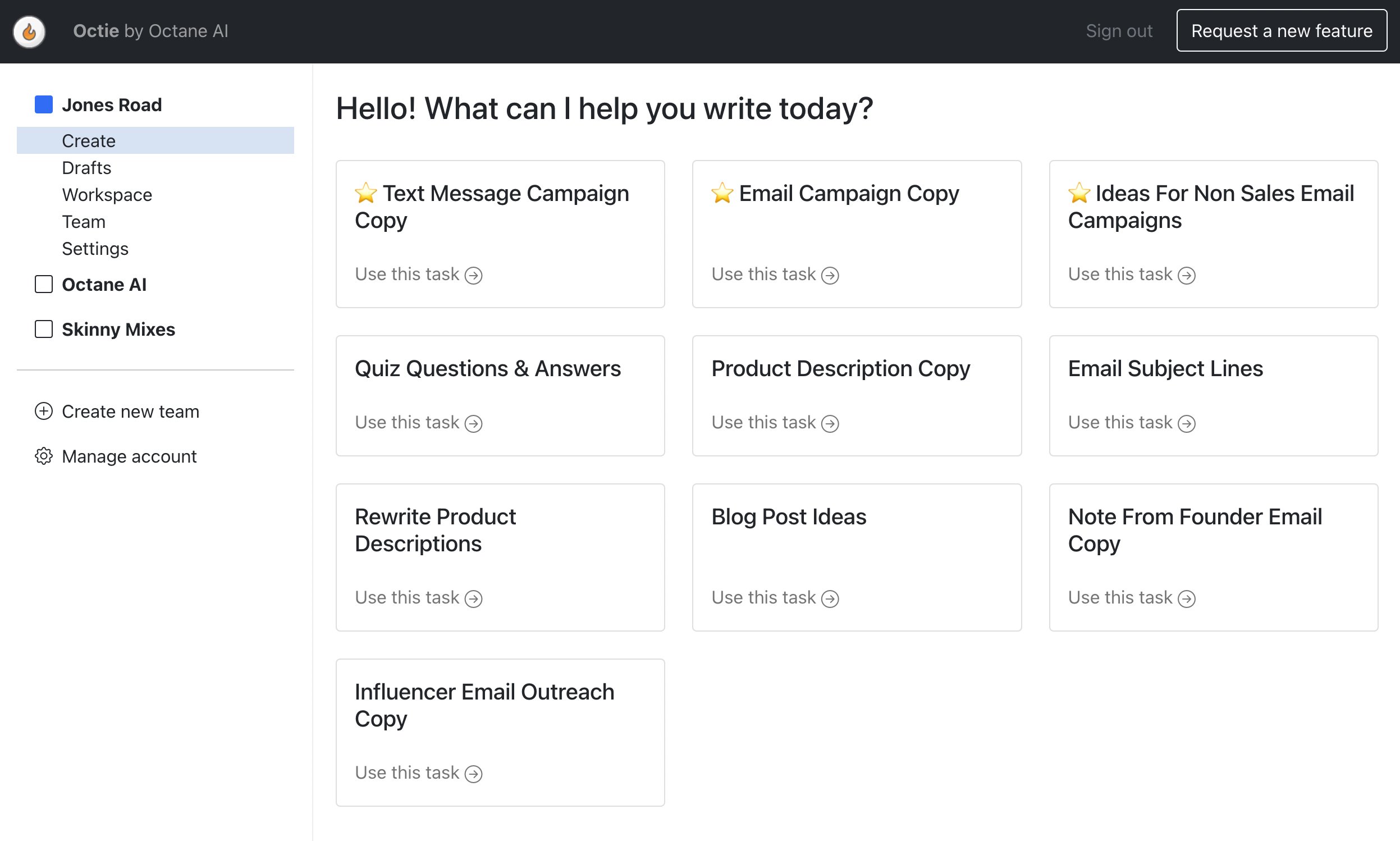Graybeard
Well-Known Member
Original --good article BTW to read 

 www.fastcompany.com
www.fastcompany.com


I haven't edited it nor formatted the text pretty
elapsed time maybe 15 min
new text
{"newText":"When we are burdened with work and responsibility, we often find it difficult to be curious about the world around us. We cannot easily conjure up the same natural curiosity that we had as kids and spent a lot of time asking questions and learning how things worked. To cultivate this mentality in our adult lives, we need to consider what actually makes us learn. Curiosity is simply a desire to learn more about things. There are two forms of curiosity: a specific curiosity, which is focused on a particular topic, and a general curiosity, which is a desire to know everything. There are certainly some people who have a deep natural desire to learn about a wide variety of subjects. I call these people seasoned generalists. They have two psychological characteristics that drive this willingness to learn: They have a high personality trait of openness to experience - which means that they find new ideas attractive. They also have a great need for knowledge - so they like to think about things. This combination means that when they are introduced to a new topic they are driven to think about it a lot. But even if you didn't consider yourself a particularly nosy person, there are a few things you can do to learn the habit: Making Lists You are likely to encounter many things every day that you know little about. If you listen to just a single news report, you will likely hear about multiple topics that - if you think about them carefully - you will find that you don't understand them as well. If you're not sure how well you understand something, try explaining it yourself instead of just listening to someone talk about it. For example, there was a report on the radio this morning about inflation concerns leading to indications from the Federal Reserve to raise interest rates. Could you explain to someone why a rate hike would curb inflation? Try it. If you stumble upon the explanation it should be put this on the list of things to learn about. You might be tempted to narrow your list down to only things that you think are important. But when you look at the most creative people, they tend to be individuals (like these seasoned generalists) with knowledge that is a little off the beaten track. So leave many items on the list that you don't think are important. You will be surprised which of the things you learn turn out to be valuable later on. Make it Easy to Learn Most of us tend to do what is easiest. We play time-consuming games on our phones, in part because they're available right there, anytime. Anyone who wants to learn new things must also provide new information. Start by keeping this list of topics handy. If you have a few extra minutes at work, standing in line, or waiting on hold, look up the next topic on the list and read a little about it. Inquire about reading by explaining to yourself. You don't have a really good knowledge until you can construct a good explanation for yourself. Prepare to study as well. Find a podcast on a topic you want to learn more about and share it on your favorite app. Or buy an e-book or audiobook to keep on your phone. You can even go old fashioned and keep a book next to your bed. Recently, I've been listening to presidential bios while exercising on my rowing machine. It's an easy way to discover something new. Buddy up If you are not motivated to learn, find someone who will also be curious. Schedule a meeting with them once a week with the goal of teaching each other something new each week. That gives you a regular goal of showing something new to your buddy. It also forces you to acquire the new information well enough to effectively explain it to others - and that will greatly improve the overall quality of your knowledge. If you can't find someone who wants to be your new college fellow, consider starting a blog. The goal is not to have a ton of followers, just to provide an opportunity for your explanation of new things that you've discovered. If you post what you write on your social media, you may find that friends of yours not only read it but also share their own study journeys."}

3 ways to train your brain to be more curious
Worried that you’re not naturally curious? Here’s how you can develop the habit of learning.
I haven't edited it nor formatted the text pretty
elapsed time maybe 15 min
new text
{"newText":"When we are burdened with work and responsibility, we often find it difficult to be curious about the world around us. We cannot easily conjure up the same natural curiosity that we had as kids and spent a lot of time asking questions and learning how things worked. To cultivate this mentality in our adult lives, we need to consider what actually makes us learn. Curiosity is simply a desire to learn more about things. There are two forms of curiosity: a specific curiosity, which is focused on a particular topic, and a general curiosity, which is a desire to know everything. There are certainly some people who have a deep natural desire to learn about a wide variety of subjects. I call these people seasoned generalists. They have two psychological characteristics that drive this willingness to learn: They have a high personality trait of openness to experience - which means that they find new ideas attractive. They also have a great need for knowledge - so they like to think about things. This combination means that when they are introduced to a new topic they are driven to think about it a lot. But even if you didn't consider yourself a particularly nosy person, there are a few things you can do to learn the habit: Making Lists You are likely to encounter many things every day that you know little about. If you listen to just a single news report, you will likely hear about multiple topics that - if you think about them carefully - you will find that you don't understand them as well. If you're not sure how well you understand something, try explaining it yourself instead of just listening to someone talk about it. For example, there was a report on the radio this morning about inflation concerns leading to indications from the Federal Reserve to raise interest rates. Could you explain to someone why a rate hike would curb inflation? Try it. If you stumble upon the explanation it should be put this on the list of things to learn about. You might be tempted to narrow your list down to only things that you think are important. But when you look at the most creative people, they tend to be individuals (like these seasoned generalists) with knowledge that is a little off the beaten track. So leave many items on the list that you don't think are important. You will be surprised which of the things you learn turn out to be valuable later on. Make it Easy to Learn Most of us tend to do what is easiest. We play time-consuming games on our phones, in part because they're available right there, anytime. Anyone who wants to learn new things must also provide new information. Start by keeping this list of topics handy. If you have a few extra minutes at work, standing in line, or waiting on hold, look up the next topic on the list and read a little about it. Inquire about reading by explaining to yourself. You don't have a really good knowledge until you can construct a good explanation for yourself. Prepare to study as well. Find a podcast on a topic you want to learn more about and share it on your favorite app. Or buy an e-book or audiobook to keep on your phone. You can even go old fashioned and keep a book next to your bed. Recently, I've been listening to presidential bios while exercising on my rowing machine. It's an easy way to discover something new. Buddy up If you are not motivated to learn, find someone who will also be curious. Schedule a meeting with them once a week with the goal of teaching each other something new each week. That gives you a regular goal of showing something new to your buddy. It also forces you to acquire the new information well enough to effectively explain it to others - and that will greatly improve the overall quality of your knowledge. If you can't find someone who wants to be your new college fellow, consider starting a blog. The goal is not to have a ton of followers, just to provide an opportunity for your explanation of new things that you've discovered. If you post what you write on your social media, you may find that friends of yours not only read it but also share their own study journeys."}









